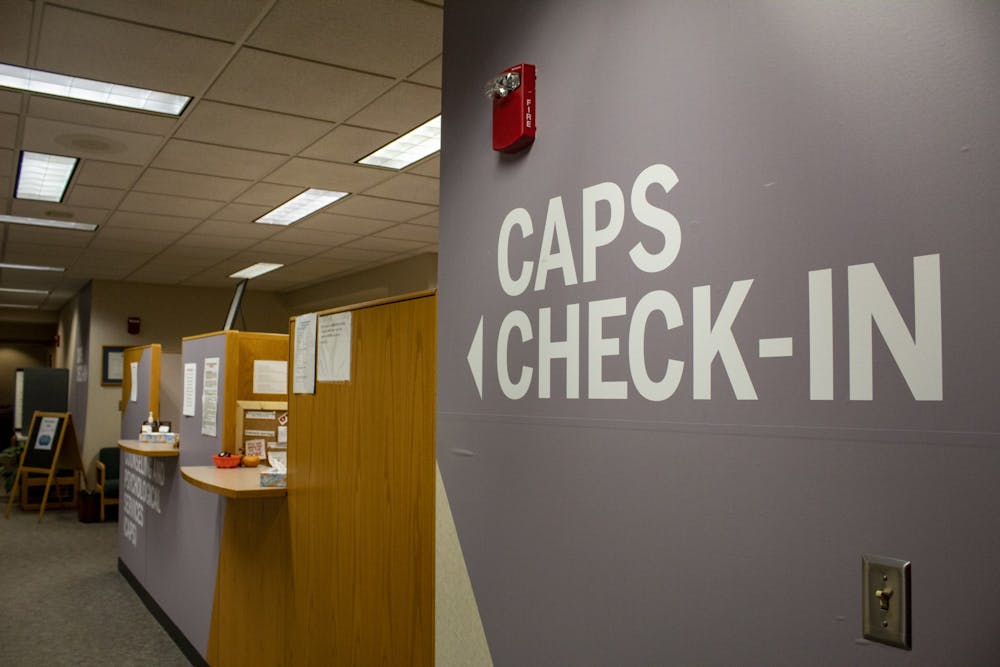Requests for mental health services administered through IU’s Counseling and Psychological Services are rising for students dealing with anxiety due amid the COVID-19 pandemic.
“Our utilization is continuing to increase from week to week, which is pretty typical for the semester,” said Chris Meno, associate director of CAPS.
Although the number of overall CAPS visits does not drastically differ from prior semesters, the reasons behind many of these visits are prompting new concerns.
“What students are talking about is certainly different,” Meno said. “Some schools are feeling like there’s more severity in what people are talking about.”
The overall increase in demand for mental health services can be attributed to the high levels of anxiety students are experiencing due to the COVID-19 pandemic and the lifestyle changes, said Kirk White, co-chair of the IU-Bloomington COVID Response Unit.
“We’re trying our best to keep up with all of that, but there certainly is a higher level of anxiety and manifestations that high levels of uncertainty bring,” White said.
One noticeable stressor has been the COVID-19 mitigation tests, which will continue weekly for all students in Residential Programming Services housing for the remainder of the semester, White said.
“The level of testing is causing students a lot of anxiety because they get tested and then they’ve got two days to wait and see if they test positive,” White said. “It’s raised this level of stress throughout the campus where all of our students are nervous about their results.”
Despite these concerns, White said mitigation testing is not a form of punishment and allows the university to isolate outbreaks and keep students safe.
The average wait time for a one-on-one session at CAPS, which is currently offering all virtual services, is approximately two to four business days, even with this increase in demand. Provost Lauren Robel exempted the IU Student Health Center from the campus hiring freeze over the summer to ensure vacancies were filled, White said.
For the future, Meno wants to hear student feedback and make sure appointments are readily available for new and returning patients.
Although CAPS offers a variety of services, including free workshops via Zoom and the WellTrack app, the most important things students need to do is reach out to their support system when they’re struggling and check in on those around them, Meno said.
“We need to reach out to our friends, even if we think they’re probably okay,” Meno said.
Other positive mental health practices include setting a routine, keeping up with physical health and taking breaks from the news and social media, Meno said.
New CAPS patients can schedule their first appointment online and all other appointments can be made by calling the CAPS office. Additionally, private spaces equipped with computers are available at the Student Health Center for students in Bloomington who otherwise may not have access.
For urgent mental health support, call the 24/7 CAPS mental health crisis line at (812) 855-5711 and choose option one.




